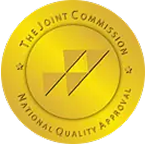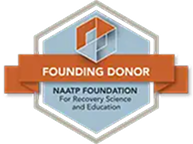Relapse – Why It Happens and What To Do
Relapse occurs when a patient who has completes a drug or alcohol treatment program and achieved initial sobriety, falls back into their addiction by abusing substances again. It is an unfortunate byproduct of a disease that cannot be cured – addiction. Most research shows that an addict will relapse several times before they achieve long-term sobriety.
While relapse is a fact of addiction treatment, there are ways to minimize its incidence and effects. First and foremost, family and friends should make it a point to be a part of their loved ones’ recovery. This means attending relevant treatment and support group events. Many treatment centers like Fellowship Hall have structured family programs that prepare loved ones for what is to come after treatment. Families should also encourage and love unconditionally – the first few months and even years out of treatment may be very difficult for the addict. They will have to adjust to normal life, which can be very stressful – after all, outside of the treatment center’s walls, the risk factors for relapse are everywhere. Finally, being aware of the patient’s addictive triggers can help families and friends identify and ward off an impending stressor. No matter what, however, open and honest lines of communication, without judgment, must be maintained from the time the addict leaves the treatment center.
If relapse does indeed occur, swift action is important to minimize the damage of the event. During treatment, participating family members and friends will have been given advice on how to handle a relapse. Implementing these strategies, along with including the others who were involved in the patient’s treatment, such as their counselor and sponsor, can get the addict the help they need as fast as possible. Remember that while you may be discouraged by a relapse, it is not necessarily a signal of defeat – rather, it is just one step of many that ultimately lead to sobriety.
Fellowship Hall is proud to have an exceptionally low rate of alumni relapse. In fact, 70% of our patients are clean at least one year following treatment. To learn more about our programs, we encourage you to send us a message through our website or by calling us.






